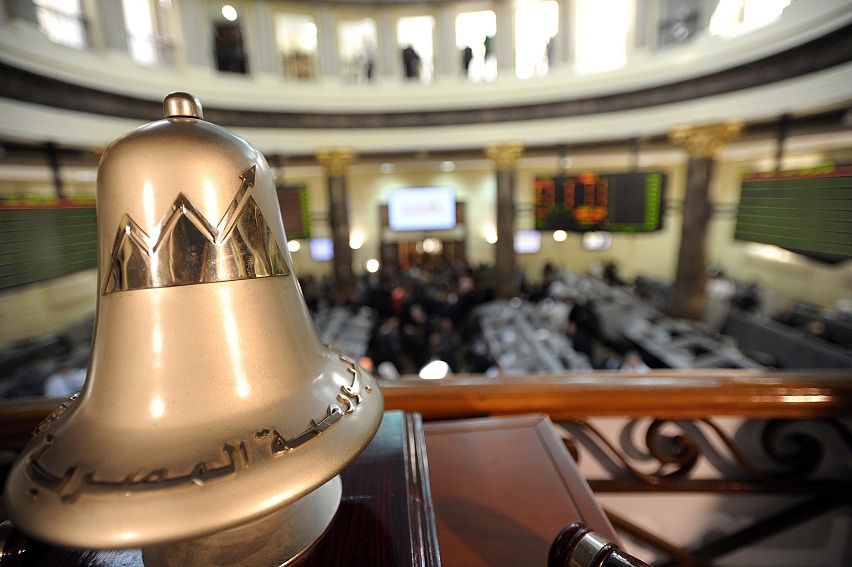Despite the inauguration of projects, such as the Suez Canal Area Development Project and huge investment pledges, the economic situation in Egypt has taken a turn for the worse in recent months, according to a Focus Economics report published Tuesday.
The “precarious” security and political situation has grown, causing monetary problems. Slow implementation of new projects and structural reforms will restrict Egypt’s economic growth, the report read.
The Egyptian economy is suffering imbalance as a result of the deteriorating security situation, which is anticipated to disrupt the growth of the country. Data showed a slump in the industrial production, the non-oil sector, and the revenues of the Suez Canal, according to the report.
“Moreover, the important tourism sector is at risk of collapse following a series of terrorist incidents attributed to the Islamic State (ISIL) in the Sinai Peninsula,” the report said. The shaky tourism sector and the weakening confidence of foreign investors in the market will widen the foreign reserves shortage and cripple the government spending on mega projects.
Egypt had already been struggling with a severe shortage of foreign currency reserves prior to these developments, and pressure will likely build going forward, the report stated.
Foreign reserves registered $16.423bn in November and $16.415bn in October, according to the Central Bank of Egypt (CBE) figures.
“A lack of reserves is making it harder for the Central Bank to defend the pound, although the Bank had allowed the pound to depreciate three different times between February and October amid concerns over the impact of rising inflation,” the report read.
Focus Economics analysts expect the inflation to average 10.5% in 2015 and predict it to decrease to 9.6% in 2016. Inflation increased from 9.2% in September to 9.7% in October amid higher food prices.
The report attributed the low turnout in the parliamentary elections that were held over two stages in November and December to “public apathy due to high levels of corruption and lack of faith in the political system, particularly among younger people”.
Egypt has been without a parliament since 2012 and while analysts predict that the new parliament will largely support President Abdel Fattah Al-Sisi, domestic political stability is “far from guaranteed”.
“Moreover, it is unclear if President Al-Sisi will be able to successfully steer the economy through turbulent times and push ahead with a much-needed reform agenda,” the report read.
Further reductions to energy subsidies and a planned increase in the VAT will be complicated due to a large fiscal deficit and the risk of increased social unrest.
For FY 2015/2016, the government is expecting a 5% growth of gross domestic product (GDP).
The Ministry of Finance estimated the targeted total deficit in the state budget for FY 2015/2016 will be EGP 251bn, which represents 8.9% of GDP instead of EGP 281bn or 9.9%, in the first draft.
The general revenues of the new fiscal year’s budget are expected to grow by 28%, amounting to EGP 622.2bn compared to EGP 486bn for the current fiscal year.
The total expenditures amounted to EGP 864bn with an increase rate of 17.4%, while expenditure on employees’ wages and compensation and debt services, grants and social benefits amounted to 80.2% of expenses.
The Ministry of Finance pointed out that it will reprioritise its spending towards the improvement of general services. Approximately 50% of government spending will be allocated to support programmes that seek “direct social protection”. Volumes of money allocated to cash subsidies, healthcare, and pensions have all increased, the ministry clarified.



